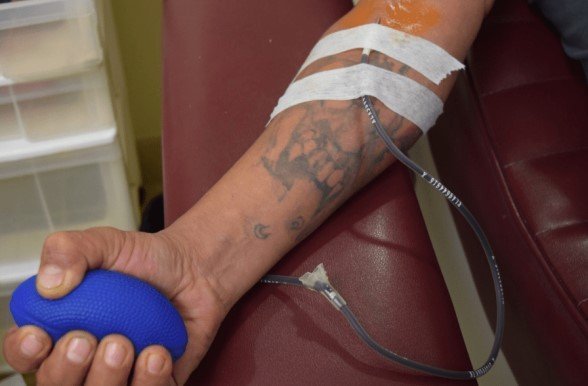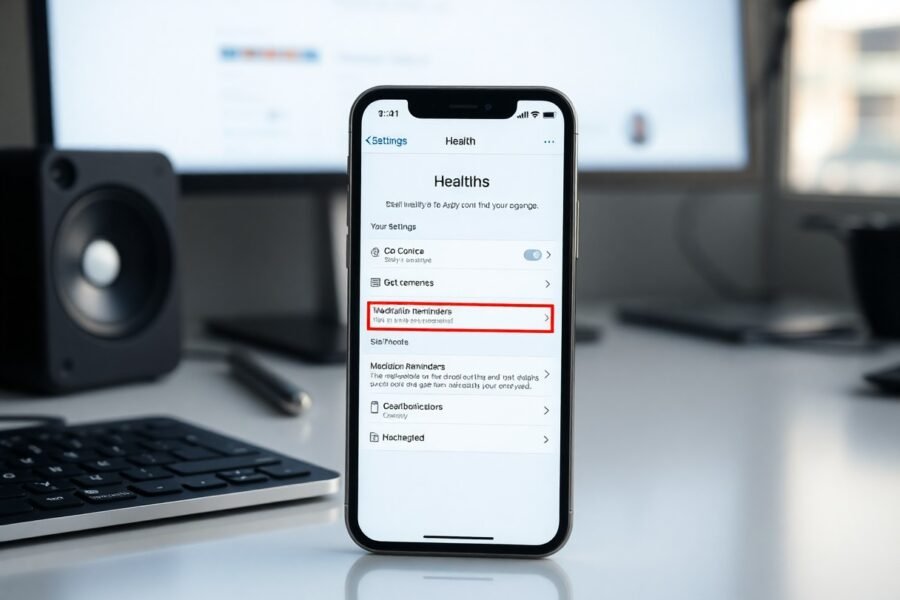If you have tattoos and are considering donating blood, you’re likely wondering if your body art affects your eligibility. The short answer is yes, you can absolutely donate blood with tattoos. However, there are specific guidelines from organizations like the American Red Cross that you must meet. These rules are in place to ensure the safety of the blood supply for everyone involved.
The General Rule for Tattoos and Blood Donation
Having a tattoo does not automatically disqualify you from being a blood donor. The main concern for donation centers is the risk of infection from needles. Bloodborne pathogens, such as hepatitis, can be transmitted through unsterilized tattoo equipment. For this reason, donation centers have specific rules about when and how you can donate after getting new ink.
The U.S. Food and Drug Administration (FDA) sets the guidelines that most blood centers follow. These regulations are designed to protect recipients from any potential harm. As long as you meet the standard donation requirements and your tattoo was applied safely, you are generally encouraged to donate.
It is a selfless act that saves millions of lives each year, and the need for blood is constant.
Why is there a Waiting Period After Getting a Tattoo?
The primary reason for a deferral period after getting a tattoo is for safety. When you get a tattoo, needles break the skin, which creates a potential entry point for infections. It can take time for bloodborne illnesses like Hepatitis B, Hepatitis C, and HIV to be detectable in a blood test.
This waiting period acts as a safety window to ensure that if an infection were transmitted during the tattooing process, it would show up on screening tests. The American Red Cross typically recommends a 12-month waiting period after getting a tattoo.
This rule is crucial for maintaining the safety and integrity of the nation’s blood supply. It ensures that the blood given to patients is free from any transmissible diseases that might have been contracted recently.
State Regulations Can Change the Waiting Period
The 12-month waiting period is not always mandatory. The rules can vary depending on where you got your tattoo. If you received your tattoo from a state-regulated and licensed facility, you might be able to donate blood much sooner.
Many states have regulations for tattoo parlors to ensure they follow safe practices. If the facility you visited is state-regulated, there is no required waiting period, provided your tattoo has healed and you meet all other eligibility criteria.
These regulated shops are required to use:
- Sterile, single-use needles for each client.
- Ink that is not reused.
- Clean and safe environments to prevent cross-contamination.
If you got your tattoo in a state that does not regulate tattoo facilities, you must wait the full 12 months before you can donate.
Basic Eligibility Requirements for All Blood Donors
Beyond the rules for tattoos, every potential donor must meet a set of standard requirements. These criteria are in place to protect the health of both the donor and the recipient. Before you go to a donation center, make sure you meet the general qualifications.
You must be in good general health and feeling well on the day of your donation. This is the most fundamental requirement for anyone looking to give blood. The staff at the donation site will conduct a mini-physical and ask you some confidential health history questions to confirm your eligibility.
| Requirement | Details |
| Age | At least 17 years old (or 16 with parental consent in some states). |
| Weight | At least 110 pounds. |
| Health | Feeling well and healthy. |
| Donation Frequency | Have not donated whole blood in the last 8 weeks. |
What Else Can Affect Your Eligibility?
Tattoos are not the only factor that can lead to a temporary deferral from donating blood. Several other situations may require you to wait before you can give. It’s always best to be honest and upfront about your health history and recent activities during your screening.
For example, recent travel to certain countries can affect your eligibility due to the risk of diseases like malaria. If you have recently traveled outside of the country, be sure to inform the staff at the donation center.
Other factors include certain medical conditions, medications you might be taking, or if you have recently had other body modifications like piercings. A new piercing from an unregulated facility often carries the same 12-month waiting period as a tattoo.
The Health Benefits of Donating Blood
Donating blood is not just about helping others; it also offers some surprising health benefits for the donor. When you give blood, you are not only saving lives but also doing something good for your own body.
One of the key benefits is the reduction of excess iron in the body. High iron levels can contribute to an increased risk of heart disease and stroke. Regularly donating blood can help keep your iron levels in check, promoting better cardiovascular health.
Furthermore, before each donation, you receive a free mini-health screening. This includes checking your blood pressure, pulse, temperature, and hemoglobin levels. It is a great way to keep an eye on your basic health metrics.
Frequently Asked Questions about Donating Blood with Tattoos
How long after a tattoo can I donate blood?
In most cases, you must wait 12 months after getting a tattoo before you can donate blood. However, if you got your tattoo in a state-regulated facility that uses sterile needles and new ink, you may be able to donate sooner once the tattoo is healed.
Does it matter where on my body the tattoo is?
No, the location of your tattoo does not impact your eligibility to donate blood. The main concern is not the placement of the ink but the safety and sterility of the procedure used to apply it.
What if I got my tattoo in a state without licensed tattoo parlors?
If your tattoo was done in a state that does not regulate tattoo facilities, such as the District of Columbia, Georgia, Idaho, Maryland, Massachusetts, New Hampshire, New York, Pennsylvania, Utah, or Wyoming, you must wait 12 months to donate.
Are the rules for piercings the same as for tattoos?
Yes, the guidelines are very similar. If you get a piercing using a single-use needle from a regulated facility, you can donate once it has healed. If the piercing was done with a reusable ear-piercing gun or in an unregulated shop, you will need to wait 12 months.
Why is the source of the ink and needles so important for blood donation?
The source is critical because non-sterile needles and contaminated ink can transmit serious bloodborne diseases, like hepatitis and HIV. Blood donation centers have strict rules to prevent these infections from entering the blood supply and harming patients.








Leave a Comment